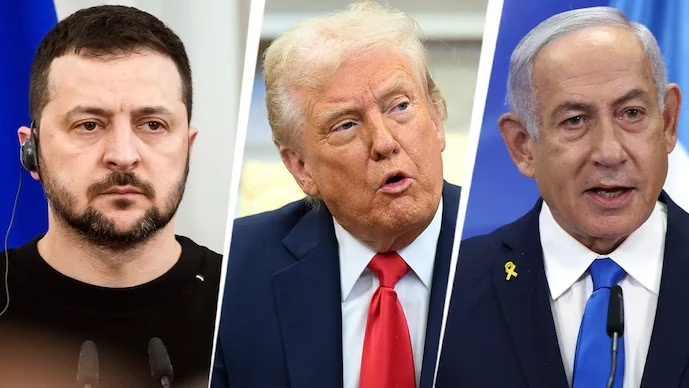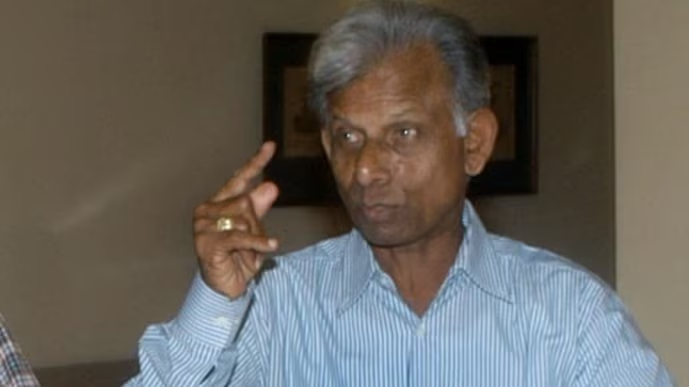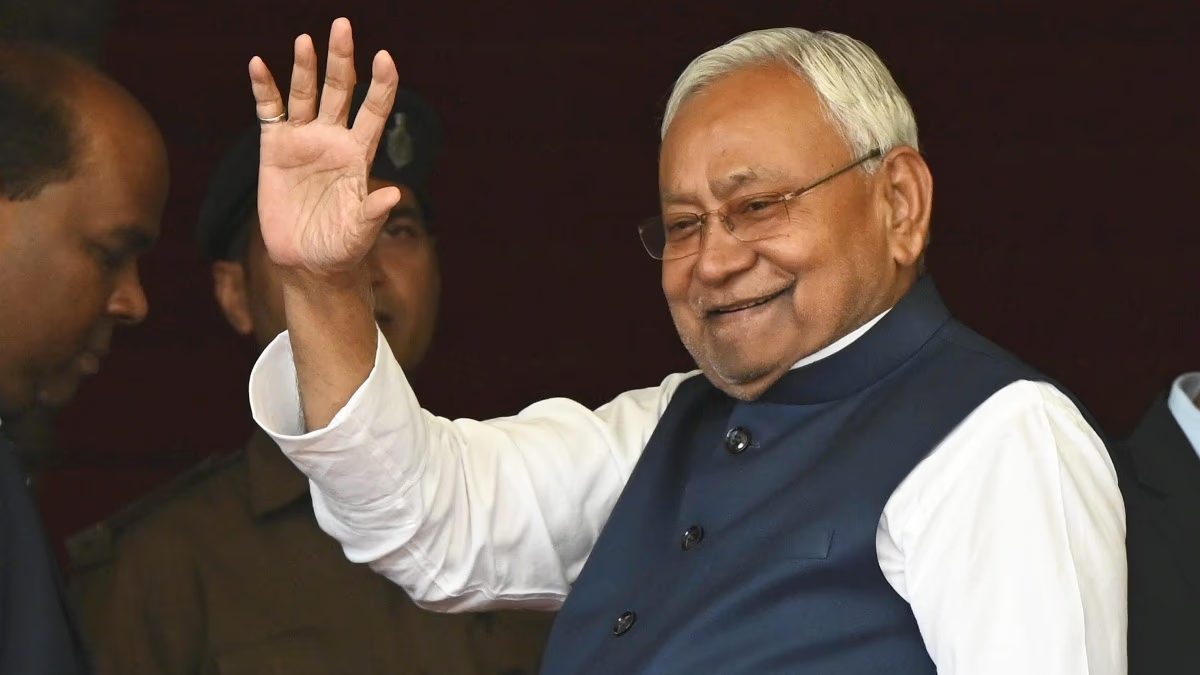The United States is accused of pursuing a dual policy. On one hand, Donald Trump engages in sparring with Ukrainian President Volodymyr Zelensky at the White House, while on the other, his close relations with Israel are intriguing. America's policies towards Israel and Ukraine under Trump's leadership are notably different.
Under President Trump, America has expedited military support for Israel in its battle against Hamas, whereas, with Ukraine, it has adopted a transactional approach in exchange for security guarantees. The visible contrast in Trump's dealings with Israeli Prime Minister Benjamin Netanyahu and Zelensky at the White House underscores America's varied perspectives.
Netanyahu was the first foreign leader to meet Trump during his second term. Their camaraderie was evident as Trump described U.S.-Israel relations as an "unbreakable" bond, and Netanyahu hailed Trump as "Israel's greatest friend in the White House."
Aside from this, Trump's proposal to transform Gaza into a Riviera of the Middle East was music to Netanyahu's ears. To bolster his claims, Trump showcased an AI video portraying towering buildings, dancers in bikinis, and media magnate Elon Musk alongside Trump and Netanyahu enjoying drinks on Gaza's coast.
After assuming office on January 20th, Donald Trump approved a $12 billion arms deal for Israel, including a fast-track approval of $4 billion in military aid through an emergency authority without Congressional review. Amidst a fragile ceasefire with Hamas, Trump reiterated pressure on Iran, a move akin to a gift basket for Israel.
In a lengthy post on Monday, Netanyahu expressed gratitude towards Trump, acknowledging his approval of previously blocked arms by the former government. In a video message on social platform X, Netanyahu stated, "By offering unwavering support to Israel and pressing for the release of hostages, Trump has shown his friendship, where it truly matters—against Hamas... Israel knows that America and President Trump are with us."
While America's profound friendship with Israel is clear, its dual policy towards Ukraine is equally visible. Netanyahu termed Trump as Israel's "greatest friend" and, in a video, thanked him thrice. Contrarily, Vice President JD Vance leveled various accusations against Zelensky during a White House Oval Office press briefing. The situation escalated when Zelensky retaliated, but the matter didn't end there.
JD Vance accused Zelensky of never expressing gratitude towards the U.S., questioning, "Have you ever said thank you?" to which Zelensky irately replied, "Many times." Following this, Trump leveled severe accusations and removed him from the White House.
In the Oval Office, clashes were noted again between Trump and Zelensky, where Trump even accused Zelensky of gambling with the third world war. Trump urged him to negotiate with Russia to end the three-year-old conflict.
Notably, Zelensky arrived for a mineral deal without any assurance or security, leading to a departure under a strained White House environment. Simplifying, U.S.-Israel relations have remained harmonious under Trump, while his relationship with Zelensky has been tense and rife with snide exchanges.
In the first 1.5 months of his presidency, Trump criticized Zelensky, labeling him a "comedian" and "unelected dictator," accusing him of forcing America to spend billions on an unwinnable war. Trump sought to exclude Ukraine from talks between Russia and the U.S. aimed at ending the conflict.




